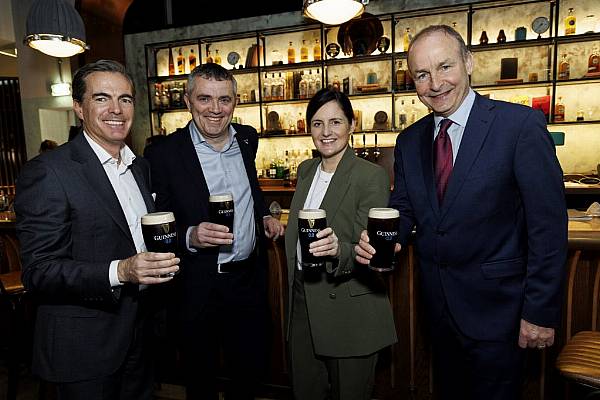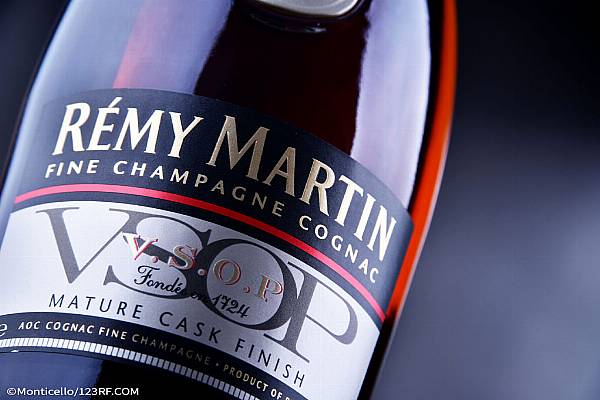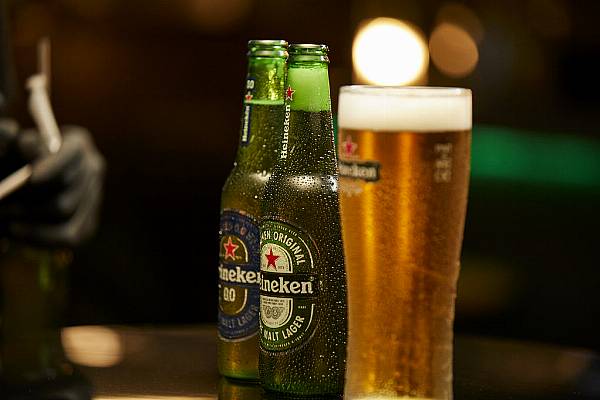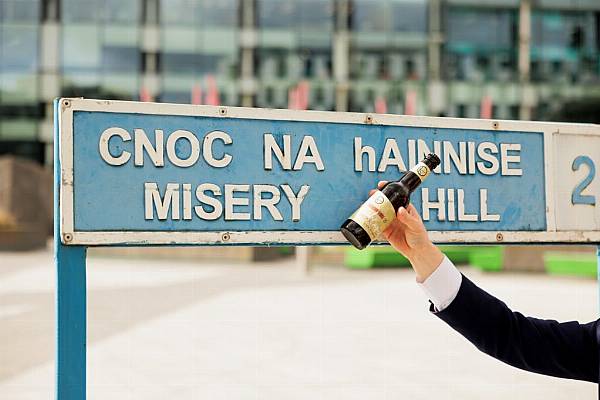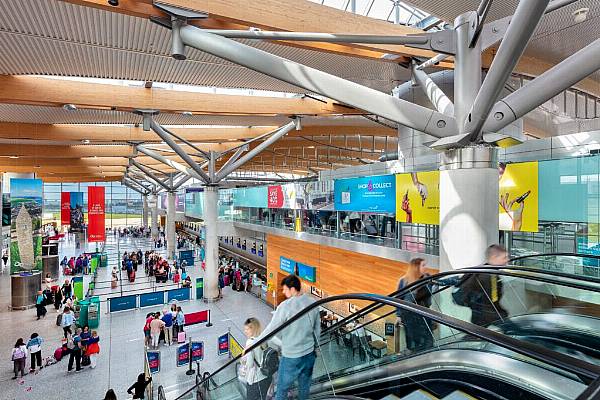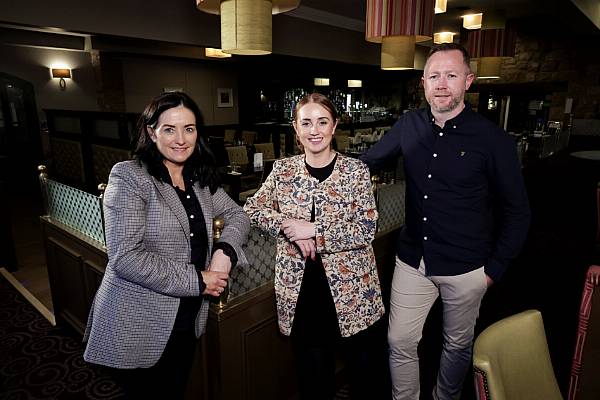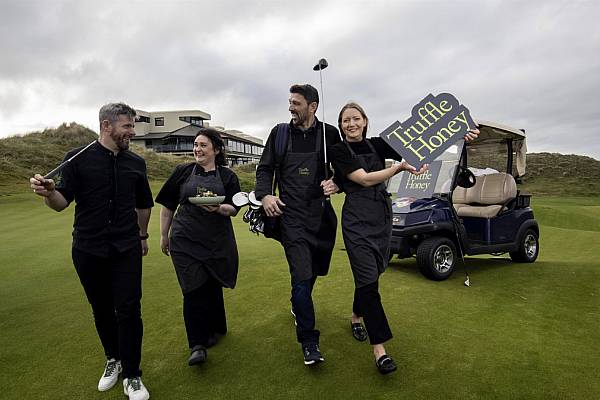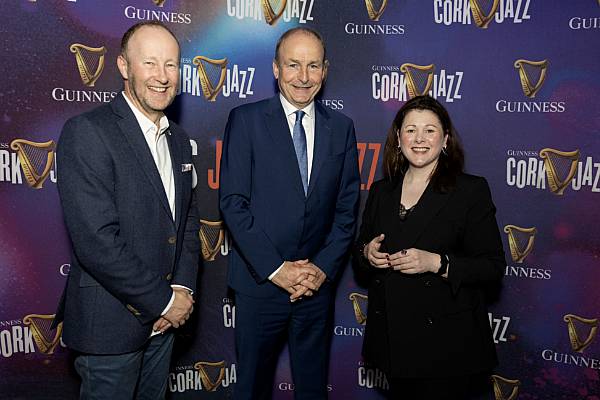Ireland's overall spirits market is down almost 10 per cent in the past year according to the Irish Spirits Association (ISA). Irish whiskey sales down 19.3 per cent, with ISA saying that the industry has been hit hard by excise increases of 42 per cent in the last two years, which saw the total taxes on a standard bottle of spirits increase to over €17.
Ireland’s distilling industry exports over 16 million 9-litre cases, or 95% of spirits produced here. The industry supports over 14,000 jobs throughout the supply chain, buying 300,000 litres of milk per year to go into our Irish cream liqueur products and over 70,000 tonnes of barley sourced locally by Irish whiskey distillers. There are currently plans for 21 new Irish whiskey distilleries on the island and investment plans of €1bn over the next ten years.
The group called on government to support Ireland’s indigenous spirits industry by reversing last year’s excise increases. Commenting on the figures, Peter Morehead, chair of the ISA and production director at Irish Distillers, said: "Revenue clearance figures show that high excise rates have hit our home-grown spirits significantly. Between June 2013 and June 2014, Irish whiskey sales have experienced a massive 19.3% drop. “Ireland is the second biggest market for Irish whiskey, with 350,000 cases sold here at a value of €30m. The industry is going through a major growth phase, with over twenty new projects coming online over the next few years and investing over €1bn in Ireland. These new entrants rely on a strong home market to launch their brands and showcase Ireland to tourists as the home of Irish whiskey. Unfortunately, high excise rates mean that Ireland is simply too expensive for many of these companies to sell into. “Our spirits brands are some of the most recognisable in the world, and tourists come here expecting to be able to sample our Irish whiskeys, Irish cream liqueurs and Irish poitins. Our high excise rates mean that a tourist visiting from New York could buy two bottles of Irish whiskey at home for the price of one in Ireland. This is incredibly damaging to our tourism offering and perceived value-for-money. Irish whiskey tourism is expected to grow from 500,000 to over 850,000 by 2030. Our message to government is simple: reverse excise and create jobs,” concluded Mr Morehead.

